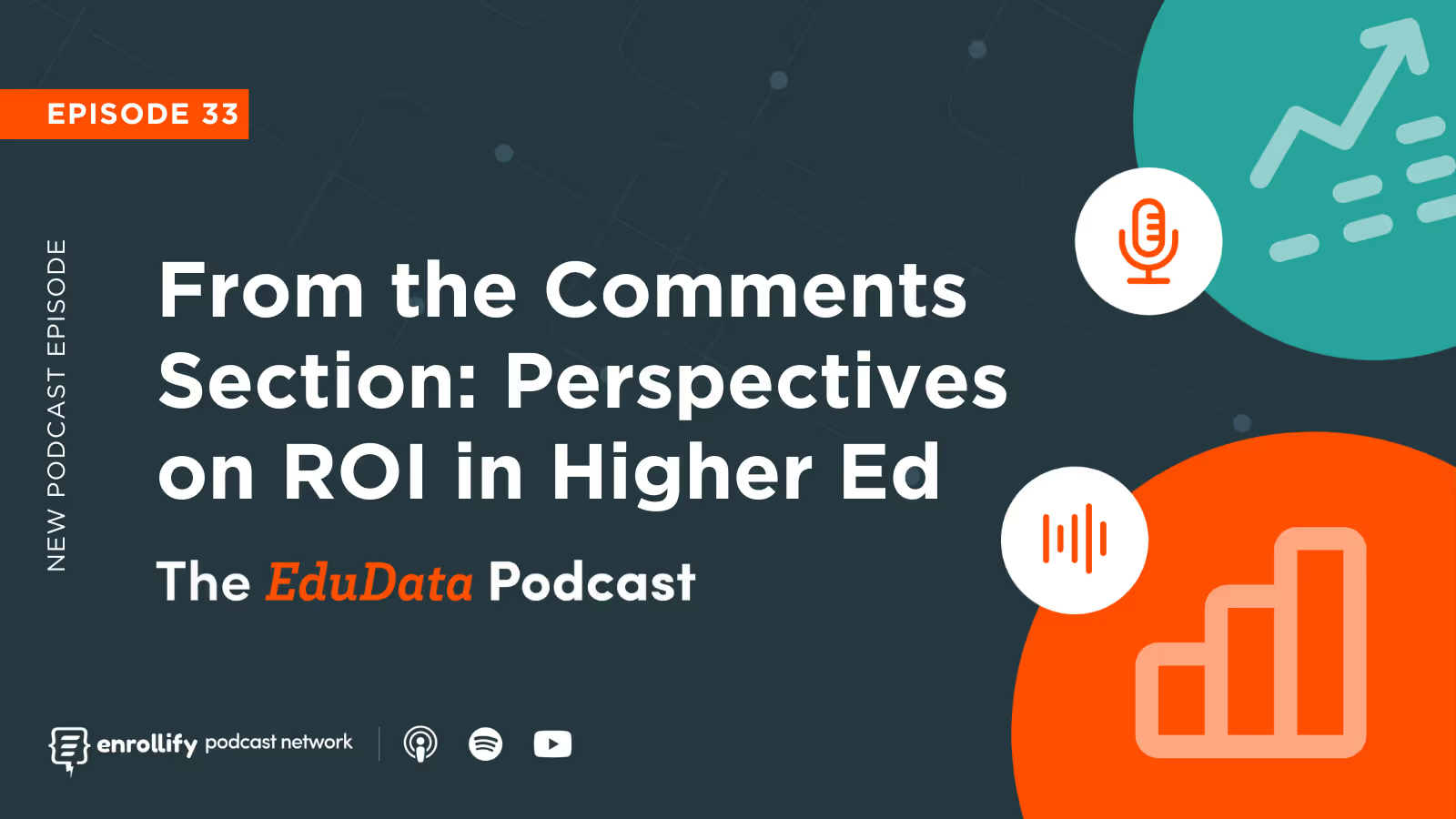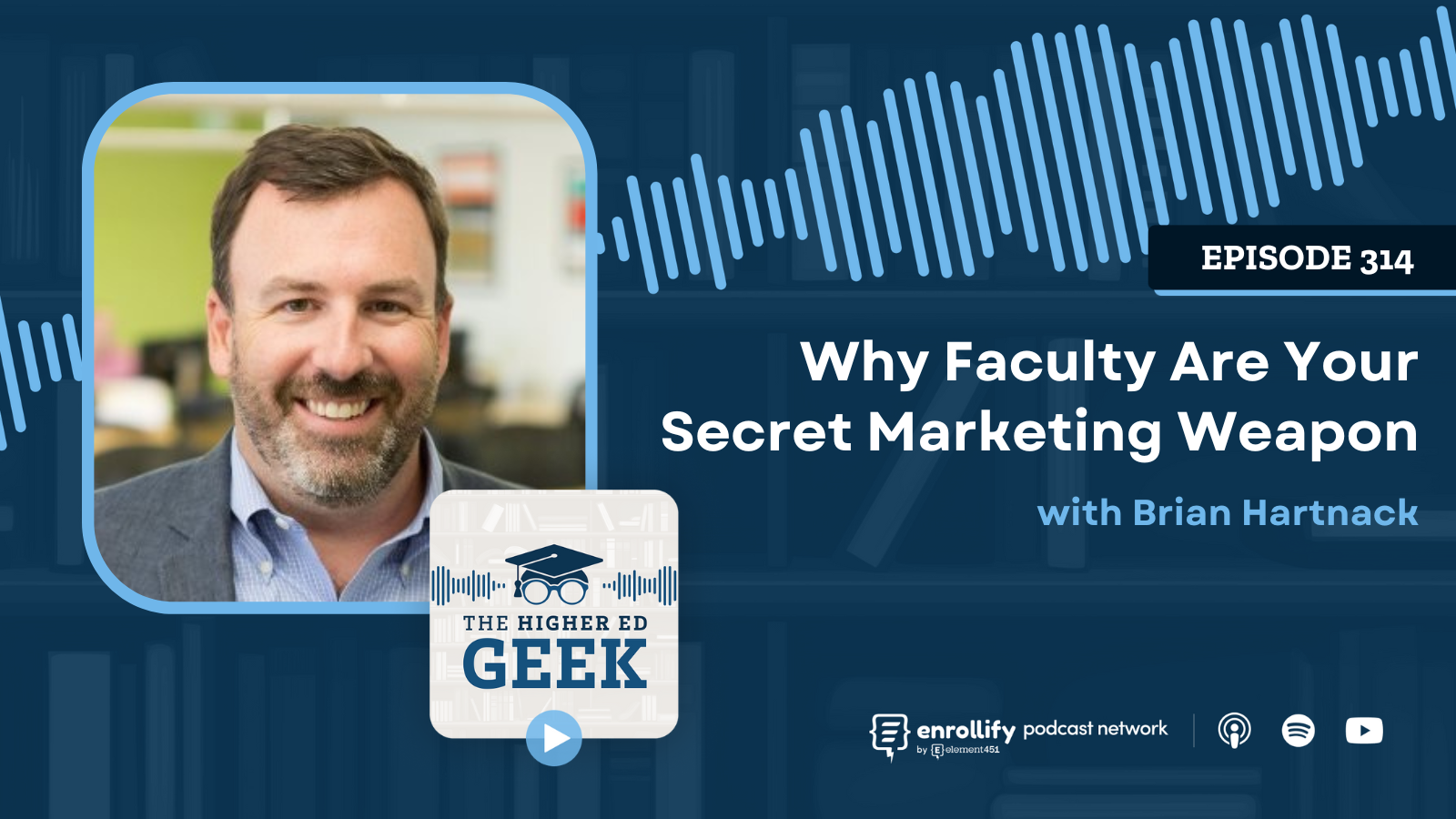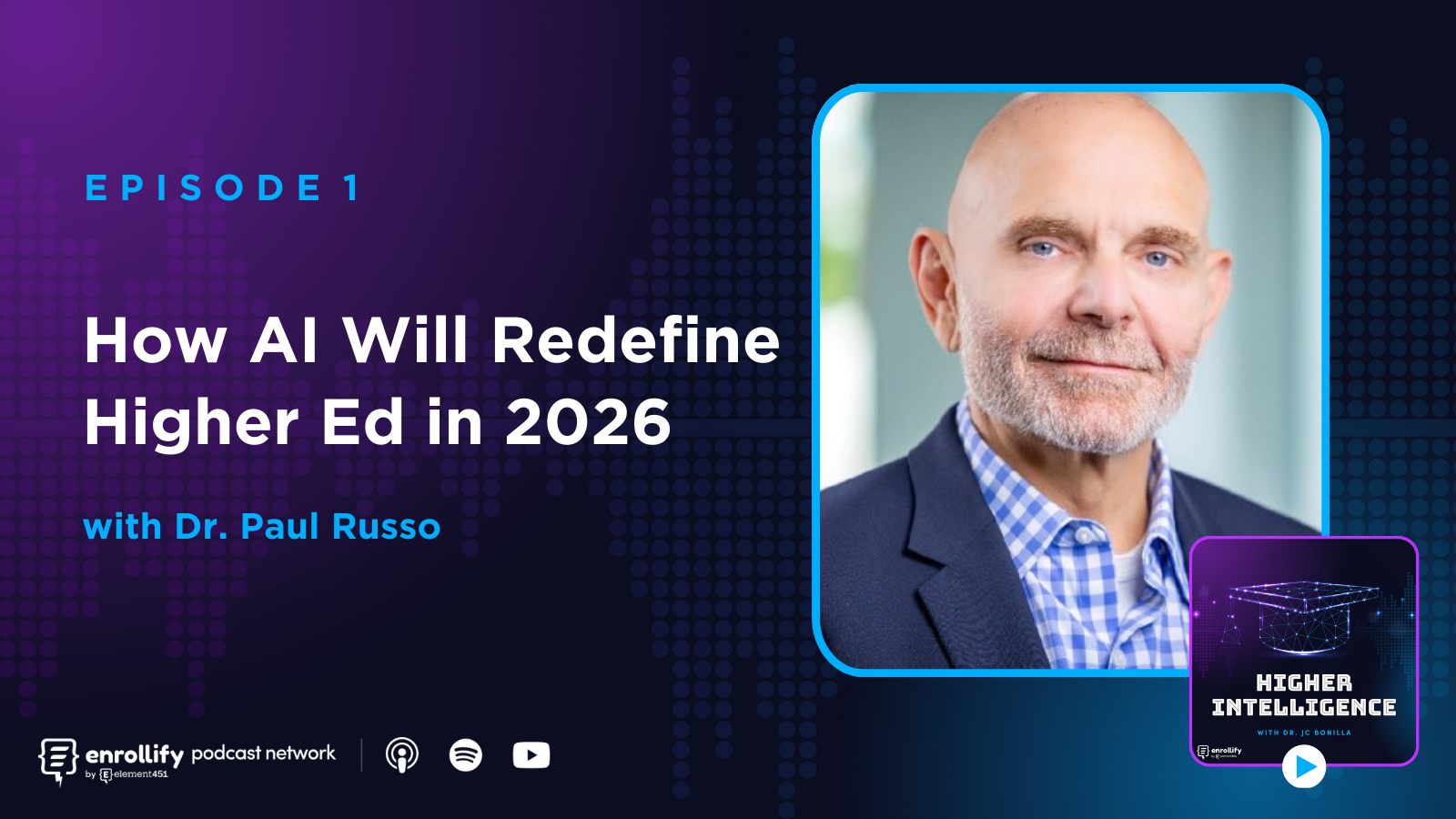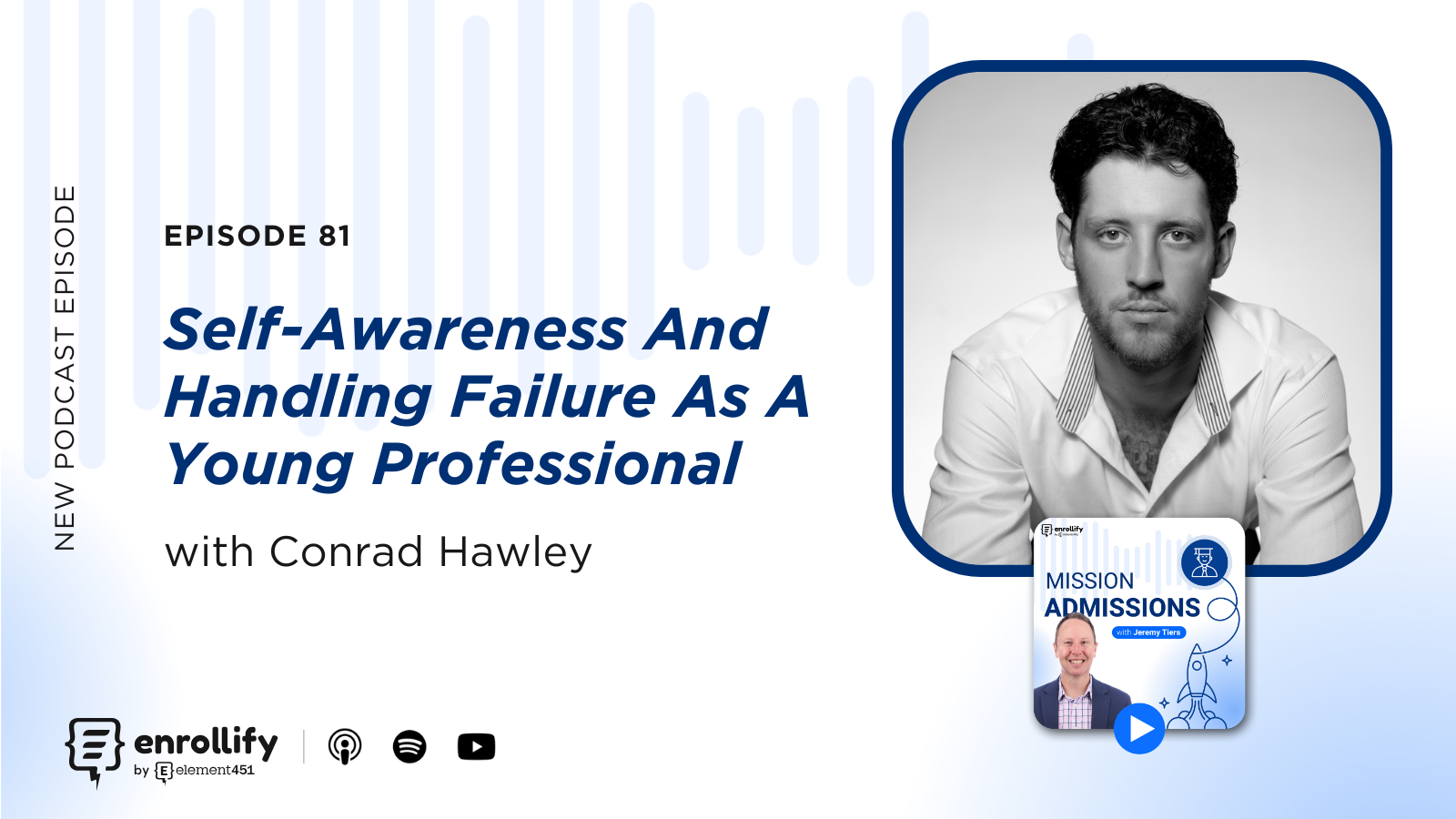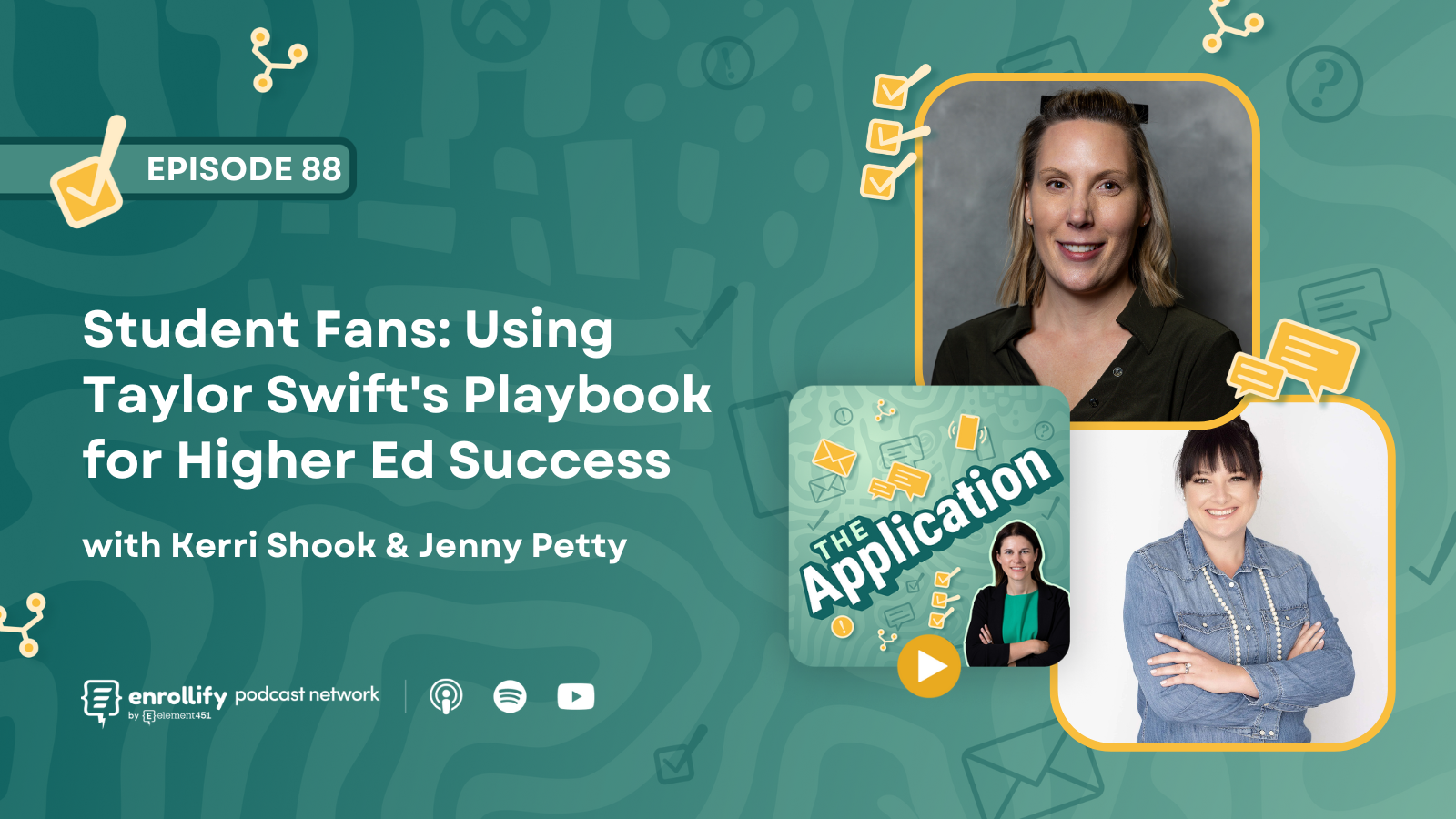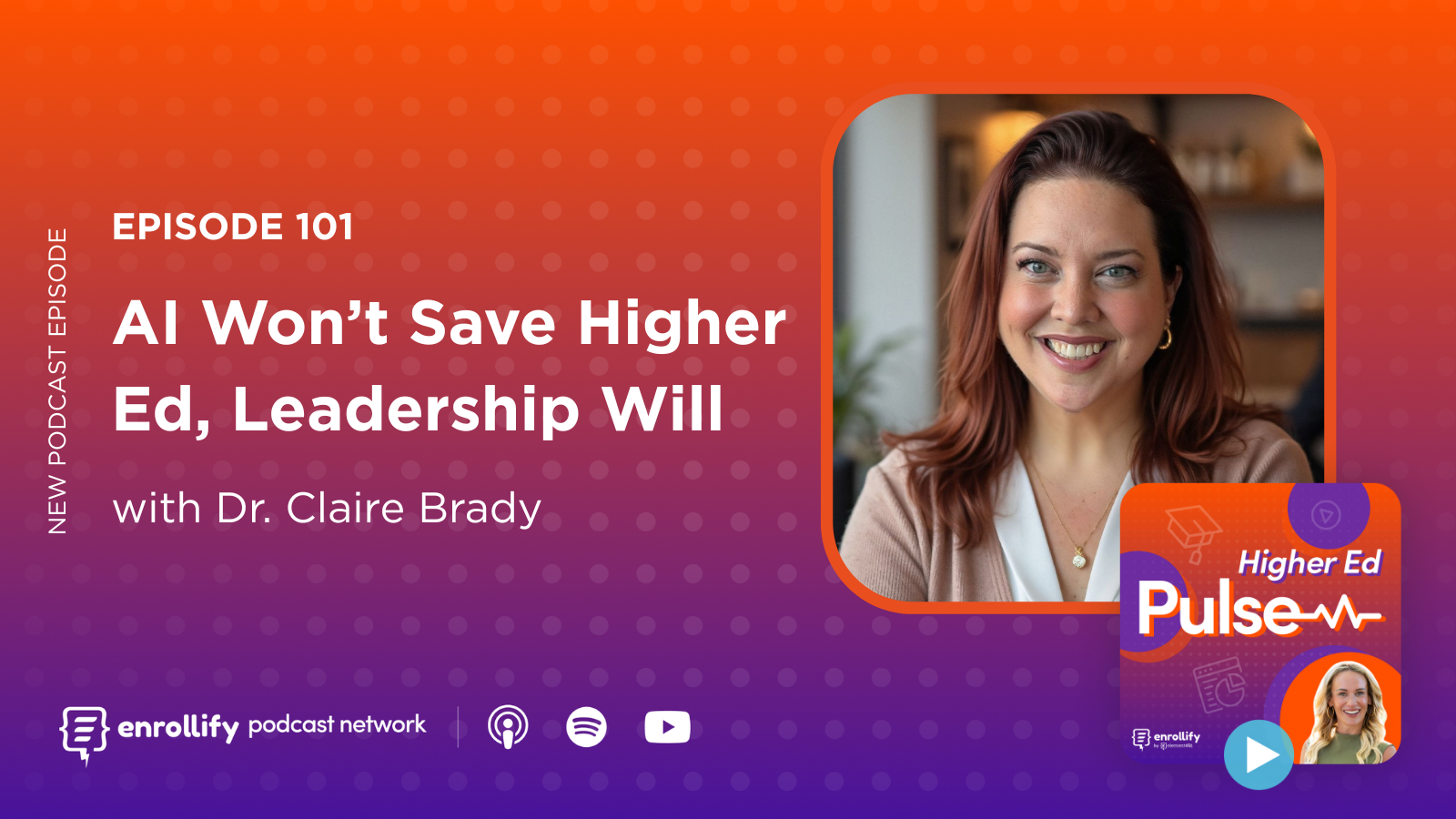About the Episode
About the Episode:
In this episode, Timothy and Jamie discuss a LinkedIn post about college returns on investment (ROI) for low-income and high-income students. The comment section explores the limitations of using salary as a measure of ROI and the importance of considering other factors such as social capital and wealth. They also discuss the implications of this data for higher education policy and decision-making for students.
Key Takeaways
- ROI Variances by SES
- Schools serving low-income populations generally produce lower ROI than those serving wealthier students, even when accounting for major differences.
- Institutional resources, networks, and social capital play a significant role in post-graduation earning potential.
- Limitations of Salary-Based ROI
- Salary is a biased and incomplete measure of ROI, influenced by factors like systemic pay inequities and social capital.
- Broader definitions of ROI should include wealth accumulation, social mobility, and community impact.
- Critical Commentary Enriches Understanding
- Thoughtful discourse highlights the study's strengths and weaknesses, offering actionable insights for policymakers, institutions, and students.
Episode Summary
Understanding ROI and Its Limitations
The hosts unpack Preston Cooper’s dataset, which calculates ROI for college degrees by blending data from government sources and surveys. The study finds that schools serving higher SES students generally deliver higher ROIs. Critics point out the inherent biases in using salary as the primary measure of success, noting systemic wage gaps and the influence of social capital.
Key Discussions from the Comment Section
The robust dialogue in the comments adds depth to the study. Rebecca Paray critiques the over-reliance on salary, advocating for broader ROI measures that include social mobility and community contributions. Summer M. highlights how social capital and pre-existing networks disproportionately benefit high-income students, further widening the gap in outcomes.
Other comments address how low-income students often have limited choices and goals beyond financial gain, such as serving their communities. These motivations aren't adequately captured by salary-focused ROI metrics.
Broader Implications for Higher Education
The study raises important questions about how ROI data might inform institutional funding, accreditation, and policy. While such data can guide student decision-making, critics like Scott Carlson caution that it may not be actionable for low-income students with limited options. The hosts emphasize the need for policymakers and institutions to prioritize equitable opportunities over raw financial outcomes.
Connect With Our Co-Hosts:
Jamie Boggs
https://www.linkedin.com/in/jamiewboggs/
Timothy Davis
https://www.linkedin.com/in/davis-timothy/
About The Enrollify Podcast Network: The EduData Podcast is a part of the Enrollify Podcast Network. If you like this podcast, chances are you’ll like other Enrollify shows too!
Some of our favorites include Generation AI and The Higher Ed Geek.
Enrollify is made possible by Element451 — the next-generation AI student engagement platform helping institutions create meaningful and personalized interactions with students. Learn more at element451.com.







